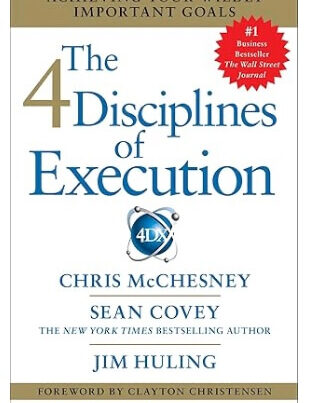Last Updated on February 2, 2025 by Dave Schoenbeck
Sometimes, throughout a long career, we experience an unexpected change. Maybe you need to leave a job you loved, maybe it’s a demotion or a termination, or maybe you’re forced to shut down your business after a rough season. When these things happen, it’s normal to experience “career grief.” Here’s what you need to know.
What Is Professional Grief?
Spending at least 40-60 hours of your life at work each week becomes a significant part of who you are. If upheaval happens in our careers, even in cases where the change is welcomed, there is often a tidal wave of emotion that goes along with it. Grief at work is not usually talked about, but it’s something that can cripple you if not properly processed.
There are many reasons someone might find themselves facing career grief due to a sudden and unplanned change, including:
- Losing or leaving a job
- Family medical leave
- Injury or illness
- Retirement
- Parental leave
- Change in working hours
- Losing a business partner
- Relocating
- Changing industries
- Going back to school
How Do You Deal with Professional Grief?
In his book, The Other Side of Sadness, author Greg Bonanno delves into cultivating resilience after grief. He discovered that there are no hard and fast rules for that process. Sometimes, emotions like elation or joy can co-occur as deep sadness and mourning.
Bonnaro references the Kübler-Ross protocol as one of our main methods for understanding grief. This protocol was developed in 1969 when a Swiss psychologist named Elisabeth Kübler-Ross organized the grieving process into five stages. They are:
- Denial
- Anger
- Bargaining
- Depression
- Acceptance
Kübler-Ross has been emphatic that these stages are not necessarily experienced linearly. Every person’s journey will look a little different.
Bonanno’s research shows encouraging findings on the human tendency toward resilience. Most people can recover from their grief, even if it changes them on some level. It’s human nature to find yourself again after loss.
If you’ve experienced upheaval in your career, here are 5 ways to come out stronger on the other side of career grief.
- Give it time. Grief is a process that can’t be rushed. Try not to guilt yourself for how you feel, even if you think you should be “over it” after a specific time.
- Establish connection. Reach out to others to talk about your grief. You might be surprised how many people have dealt with something similar. You’re not alone.
- Find other sources of identity. Spend time with family, take up a new hobby, or try volunteer work. Finding different sources of self-worth can rebuild your confidence after a career downturn.
- Reframe the situation. Looking on the bright side sounds trite when grieving, but it can help rewire your brain over time. Try to find the positives in your new situation and hold onto those when things are tough.
- Seek professional help if needed. There’s nothing wrong with seeing a therapist or a business coach to help you over the hump of career grief if you’re having trouble processing it alone.
We constantly face disappointment and grief in our work lives. Developing resilience is critical. If you’re experiencing career grief right now, know that there is a light at the end of the tunnel.
Want to learn more about developing resilience and other leadership skills in the workplace? Click here to sign up for my weekly email list to have articles delivered to your inbox.
Coach Dave
- Here’s a Must-Read Book: The Four Disciplines of Execution - October 9, 2025
- Don’t Procrastinate: It’s Time to Do Company Succession Planning - October 2, 2025
- How to Turn Your Problems and Obstacles into Opportunities - September 25, 2025


